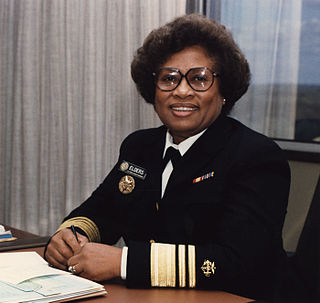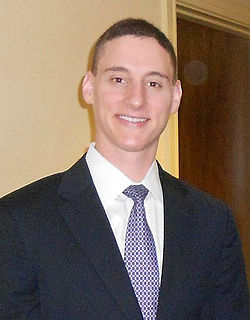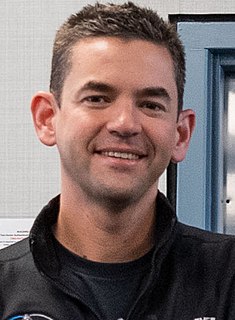A Quote by Eli Broad
For businesses to be successful, they need to constantly ask the question: 'How can we provide value to our customers?' At the end of the day, that is what matters.
Related Quotes
But in the end, science does not provide the answers most of us require. Its story of our origins and of our end is, to say the least, unsatisfactory. To the question, "How did it all begin?", science answers, "Probably by an accident." To the question, "How will it all end?", science answers, "Probably by an accident." And to many people, the accidental life is not worth living. Moreover, the science-god has no answer to the question, "Why are we here?" and, to the question, "What moral instructions do you give us?", the science-god maintains silence.
We can begin to address the issue of guns by teaching our young people how to deal with situations in nonviolent ways. Someone said to me the other day, "What our adolescents need is not so much health care, but healthy caring," and I agree. Parents and churches need to provide that. Curricula in our schools [need to] provide that.
We need to do a top/bottom review of the federal government and for every agency administration bureaucracy that is not called for in the United States Constitution, we have to really ask the question what is its purpose, how many people work there, how much does it cost the taxpayers and what is the value to our society.
So to the best we can, what we do is focus on creating value for others, and how do we do that? We do it by trying to produce products and services that our customers will value more than their alternatives, and not just their alternatives today, but what the alternatives will be in the future. We try to more efficiently use resources than our competitors, and constantly improve in that, and we try to do the best job we can in creating a safe environment, and environmental excellence, and constantly improve at that.
We can each sit and wait to die, from the very day of our births. Those of us who do not do so, choose to ask - and to answer - the two questions that define every conscious creature: What do I want? and What will I do to get it? Which are, finally, only one question: What is my will? Caine teaches us that the answer is always found within our own experience; our lives provide the structure of the question, and a properly phrased question contains its own answer.
And one day we must ask the question, "Why are there forty million poor people in America?" And when you begin to ask that question, you are raising questions about the economic system, about a broader distribution of wealth. When you ask that question, you begin to question the capitalistic economy.


































